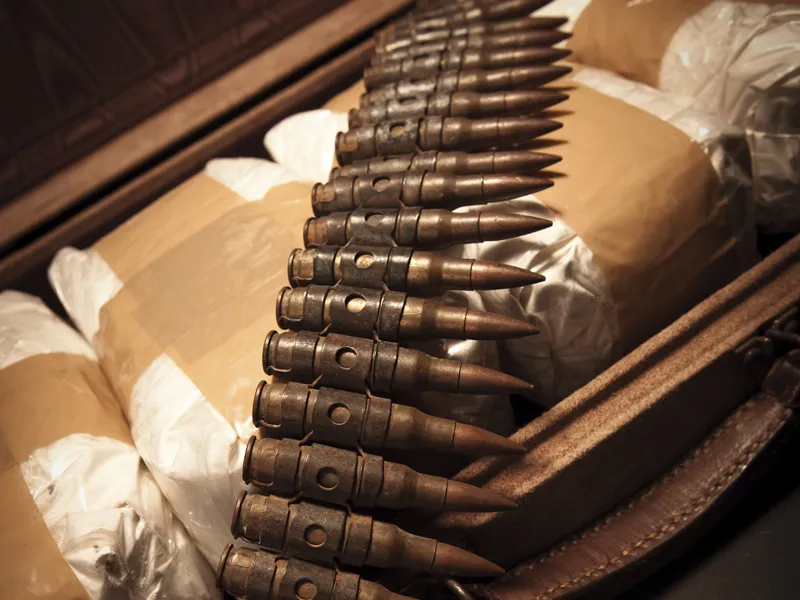By John Stapleton
The failure of successive government to accept the advice of policy experts has led to a booming drug trade, according to experts. The trade is apparently so profitable the Australian Crime Commission admitted this year that hundreds of millions of dollars are now being funnelled by crime gangs out of Australia to fund terrorist groups such as Islamic State.
• The UN ‘wants to decriminalise all drugs’
• Terrorism threat ‘worse than ever’: report
• How Tony Abbott made Australia more dangerous
A new book The Drug Law Wars: Twenty years of families fighting at the front, to be launched by Senator Katy Gallagher in Canberra on Wednesday, details both the suffering of families and broader social consequences. Rather than arguing for a crackdown, they claim prohibition has failed and many of their children would still be alive if the country had adopted a more liberal approach.
The book comes at a time when there is a worldwide rethink on drug policy. The United Nations General Assembly is holding a special session next April following the release of a report titled What Comes After the Drug Wars?

Drug busts like these aren’t fixing the problem, grieving parents say. Photo: Getty
The last special session on drugs was held in 1998. Its focus was the total elimination of drugs from the world. Today there is a push to rethink an approach which has proved counterproductive. Never before have so many governments voiced displeasure with the international drug control regime, including the conduct of the International Narcotics Control Board.
The Drug Law Wars has been compiled by the volunteer organisation Families and Friends for Drug Law Reform (FFDLR).
The group began with a group of grieving parents who refused to accept a system that was not protecting their kids.
Co-founder Marion McConnell said prohibition guaranteed a profitable drug trade and therefore the continuing availability of drugs to young people.
“I first found out my son was using heroin when he overdosed close by our home,” she said.
“The ambulance arrived but the police also attended. I didn’t understand why the police were involved when my son just needed medical help. My immediate thought was this was wrong. The law should not be involved. This is a story of perseverance by distressed families through times of hope and times of despair.”
The FFDLR have many influential supporters. Mick Palmer, former Commissioner of the Australian Federal Police, told The New Daily: “Seeing this as simply a law enforcement issue has proven a failed exercise. It hasn’t worked, never worked and has no chance of working.”
Commissioner Palmer said it was difficult to get political traction for drug law reform because being “tough on drugs” was an easy message to deliver.
“In my experience it is hard to get politicians even to enter the debate,” he said.

Some have predicted the UN will call for total legalisation.Photo: Getty
“That climate is changing. It has taken a long time for the lights to come on but we are closer to meaningful political debate than we have ever been.”
As well as moving stories from affected families, The Drug Law Wars contains contributions from some of Australia’s leading health professionals.
Director of think tank Australia21 Emeritus Professor Bob Douglas praised FFDLR for being at the forefront of efforts to inject sanity into the debate.
“The cost of the war on drugs to Australian society is huge and its benefits are negligible,” Professor Douglas writes.
“At last this is beginning to sink in, both at the national and international level.”
Professor Desmond Manderson from the ANU wrote that Australian drug laws had a long history of reflecting concerns and anxieties that had little to do with drugs.
“Over the years, each prohibition has driven traffickers and users to find alternatives, leading to an ever-expanding list of prohibited drugs. At the same time, the profits available to sellers has increased. The regime of legal prohibition has not broken the business model of the drug trade. On the contrary, it is responsible for it.”
Johann Hari, author of arguably the best book ever written on the subject, Chasing the Scream: The First and Last Days of the War on Drugs, said the new book from the perspective of Australian families was a significant contribution to understanding the pain created by inappropriate laws and the urgent need to pursue alternatives.
“The war on drugs has killed hundreds of thousands of people across the world,” he said.
“Nobody knows that better than the authors of this book. Criminalisation makes drugs much more deadly, and punishment makes addiction radically worse.”
